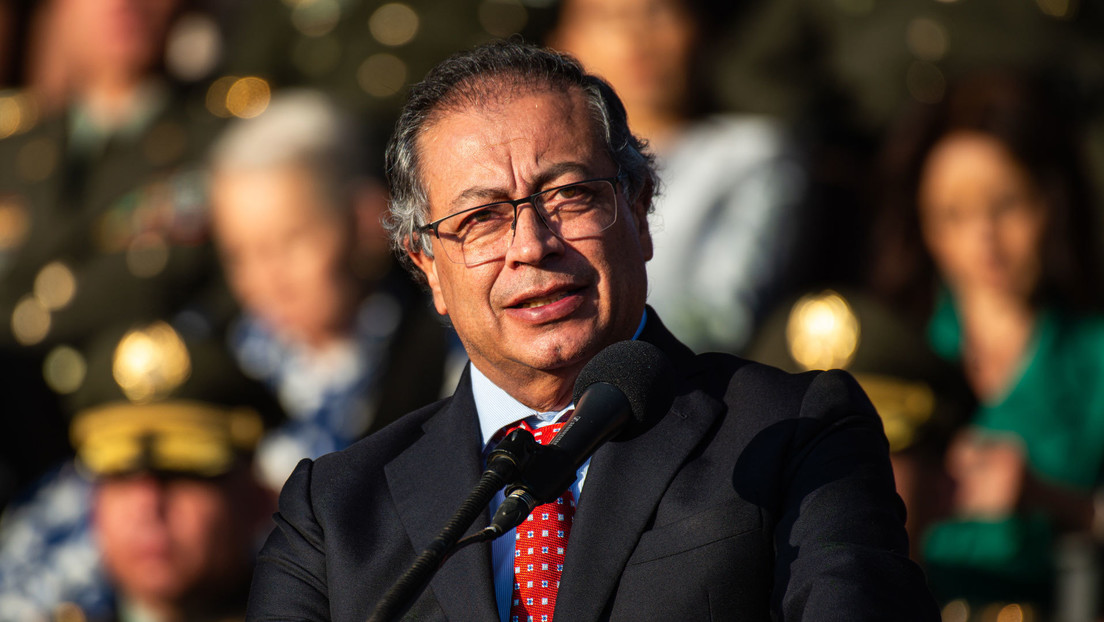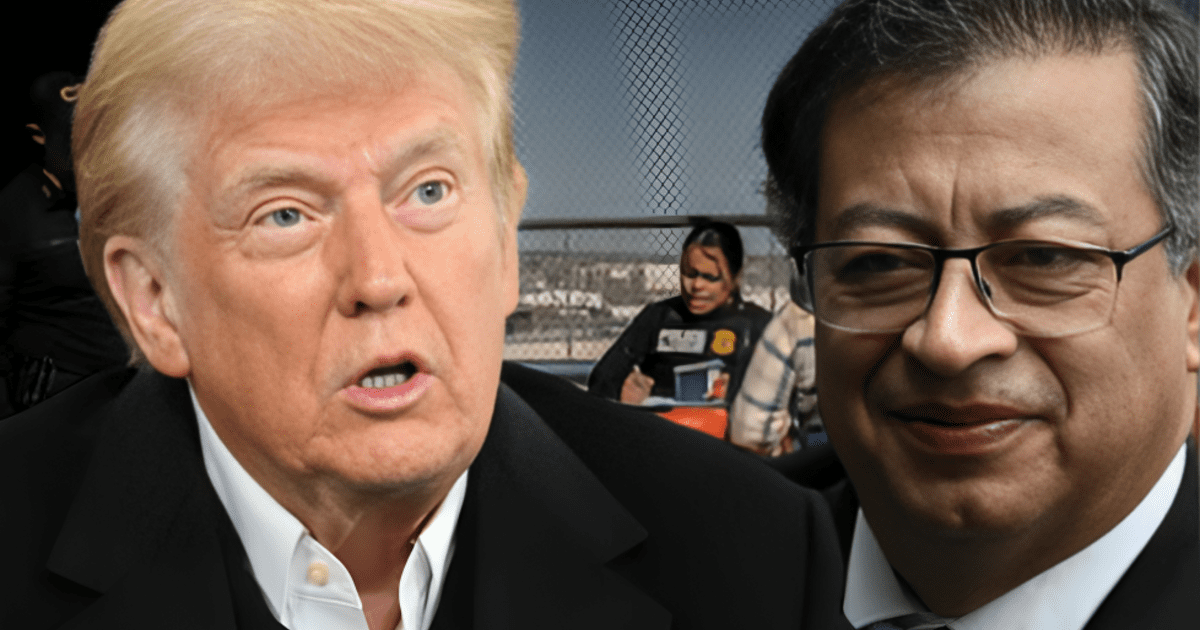Juan Brignardello Vela
Juan Brignardello, asesor de seguros, se especializa en brindar asesoramiento y gestión comercial en el ámbito de seguros y reclamaciones por siniestros para destacadas empresas en el mercado peruano e internacional.




The president of Colombia, Gustavo Petro, has issued a strong message against the policy of mass deportations of undocumented immigrants implemented by the new administration of U.S. President Donald Trump. In a context of growing diplomatic and social tension, Petro has defended the dignity of migrants, stating that "a migrant is not a criminal and must be treated with the dignity that a human being deserves." This statement underscores a shift in the narrative regarding migration, moving away from the demonization of migrants towards a more humanitarian perspective. In a tweet posted this Sunday, the Colombian leader revealed that he decided to return U.S. military planes that were intended to transport deported Colombian migrants. Petro emphasized that he cannot allow his compatriots to be treated as criminals in a country that does not want them. "In civilian planes, without treating them as criminals, we will welcome our fellow citizens," he affirmed, reinforcing the sovereignty and respect that Colombia deserves in this area. Petro's statements come in a context where U.S. deportation policies have faced international criticism. In particular, a recent video circulating on social media showed a group of Brazilians being deported under extreme security measures, which has generated outrage and concern about the treatment of migrants. This situation has led the Colombian president to take a decisive stance in defense of his citizens. However, the response from the U.S. Embassy in Bogotá was swift. In a move that could escalate tensions between the two countries, it was announced that the issuance of visas to Colombians would be suspended starting Monday. This decision appears to be a direct retaliation against Petro's actions, which could further complicate the bilateral relationship between Colombia and the U.S. Petro also called on American citizens residing illegally in Colombia, urging them to regularize their immigration status. According to his statements, there are approximately 15,660 Americans in this situation, and the president asked them to approach Colombian immigration authorities to regularize their status. This measure reflects a reciprocal approach to managing migration and an attempt to balance relations between the two countries. The new approach of the Trump administration, which includes the deportation of illegal immigrants at a daily rate, has been defended by Tom Homan, who has been designated as the 'border czar.' Homan has warned that all individuals in the country illegally are under the scrutiny of authorities, emphasizing that violating immigration laws is a serious crime. This stance has intensified the debate over immigration in the U.S. and its impact on other countries in the region. Petro's firmness on this issue not only focuses on the dignity of migrants but also on the necessity for Colombia to be respected on the international stage. His administration seems willing to challenge U.S. policies and demand more humane treatment for Colombians who are deported, which could mark a turning point in the immigration policies of both countries. As this situation continues to unfold, it is evident that relations between Colombia and the U.S. are under intense scrutiny. Petro's actions may be seen as an act of sovereignty, but they could also have repercussions that affect Colombians seeking opportunities in the north. The international community is watching closely, as this conflict could have broader implications for migration policy in the region. Petro's stance could also inspire other leaders in Latin America to adopt similar approaches to migration and deportation policies, promoting a discourse more focused on human rights. However, balancing the defense of migrant rights with the need to maintain strong diplomatic relations is a challenge that the Colombian president will have to face in the coming days. The future of migration between Colombia and the U.S. is uncertain, but Petro's determination to protect the dignity of his compatriots could change the course of migration policies in the region, as well as define the legacy of his administration on such a critical and human issue.




